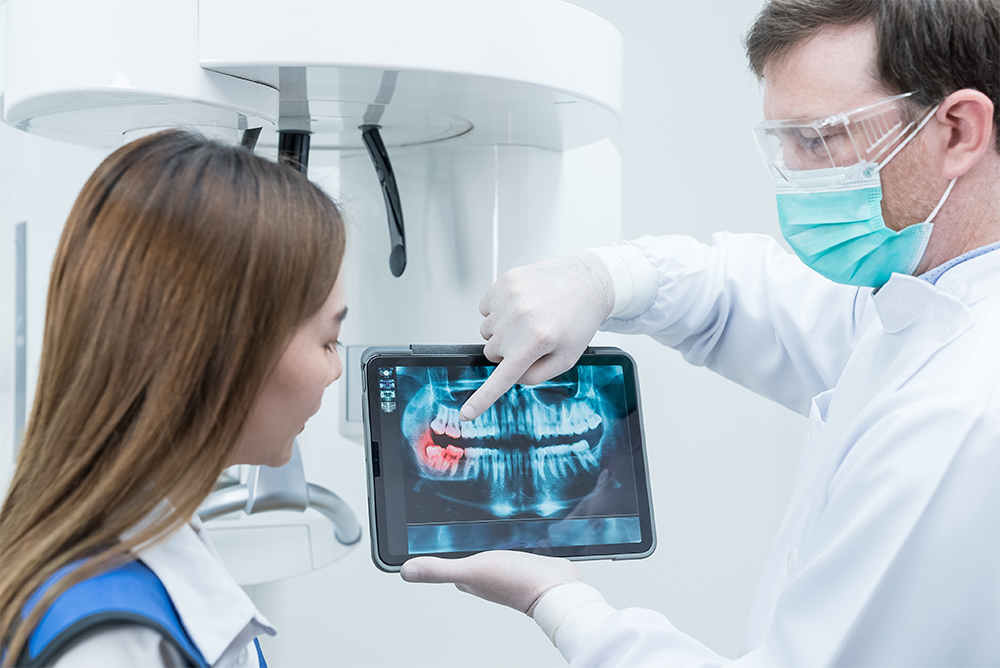- 1 (888) 843-5832
- info@dnaconnexions.com

Biocompatible Dental Materials: What Are They and Why They Matter
When it comes to dental care, most of us think about routine cleanings, cavities, or crowns and implants—but behind every dental treatment lies a crucial component that often goes unnoticed: the materials used in dental procedures. In recent years, the demand for biocompatible dental materials has grown, and for good reason! As patients become more health-conscious and informed, understanding what goes into our mouths has never been more important.
What Are Biocompatible Dental Materials?
In general, biocompatible dental materials are substances specifically designed to function within the human body without causing allergic reactions, inflammation, or toxicity. Each individual has their own levels of reactivity, and therefore biocompatibility results are unique to each person. In dental applications, a product that is biocompatibile in one person, may not be in another. this includes everything from fillings and crowns to dentures, implants, and bonding agents.
To be considered truly biocompatible, a dental material must:
Why Do Biocompatible Materials Matter?
1. Patient Safety
The mouth is a sensitive ecosystem, and introducing foreign materials can sometimes lead to unexpected reactions. Traditional materials like amalgam (which contains mercury) or certain metal alloys may cause allergic responses or systemic toxicity in sensitive individuals. Biocompatible alternatives greatly reduce these risks, providing peace of mind for patients and practitioners.
2. Improved Long-Term Outcomes
Materials that are well-tolerated by the body typically lead to fewer complications, such as gum irritation, infection, or material failure. For example, zirconia implants, a biocompatible alternative to titanium, are highly resistant to corrosion and plaque buildup, promoting better oral health over the long term.
3. Aesthetic Benefits
Many biocompatible materials, like ceramics and composite resins, offer natural-looking results that mimic the appearance of real teeth. This makes them ideal for visible restorations such as crowns, veneers, and bonding procedures.
4. Eco-Friendly and Ethical Considerations
Biocompatible materials often align with eco-friendly and holistic dental practices, which prioritize the health of the entire body and the environment. Patients looking for mercury-free or metal-free dentistry are often directed toward biocompatible solutions.
Are Biocompatible Materials Right for You?
Choosing the right dental materials is a collaborative decision between you and your dentist. If you have metal allergies, autoimmune conditions, chronic inflammation, multiple allergies, or prefer holistic dental care, you may want to discuss biocompatible options.
Some dentists even offer biocompatibility testing, which checks how your body responds to specific materials.
Presently, the BioComp Labs Serum BioCompatibility Test the reactivity to the components of over 11,000 dental materials which can be placed into 21 different categories the include: cements, composites, high and low noble crowns, dentures, bonding materials, temporary materials, etc. Each category is then further divided into three tiers of each individual’s serum reactivity: Highly Reactive, Moderately Reactive, and Least Reactive.
Final Thoughts
Biocompatible dental materials not only improve oral health outcomes but also directly impact one’s overall health & well-being. As research continues to evolve, patients can expect even better materials that support health without compromise.
If you or someone you know is preparing for dental work—or if you’re already experiencing symptoms such as inflammation, sensitivity, fatigue, or other unexplained health issues that may be linked to existing dental materials—it’s important to consider the role of material compatibility. BioComp Labs offers advanced biocompatibility testing that evaluates your unique response to over 11,000 dental materials. This personalized approach can help you and your healthcare provider make informed choices about safe, least-reactive dental products that support both oral and systemic health.
Visit BioComp Labs, to learn more about how biocompatibility testing can guide safer, more holistic dental care.